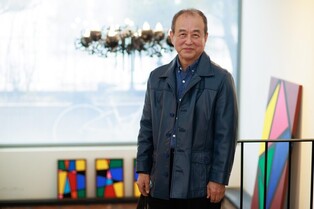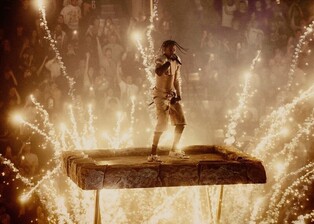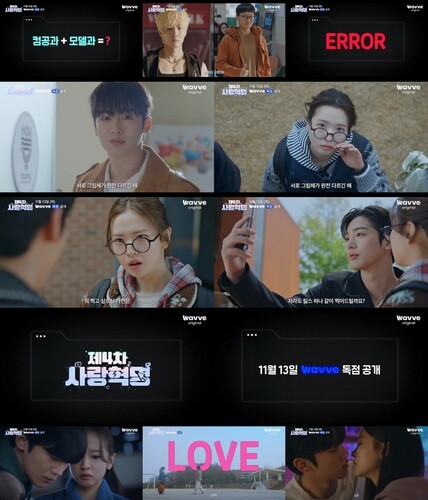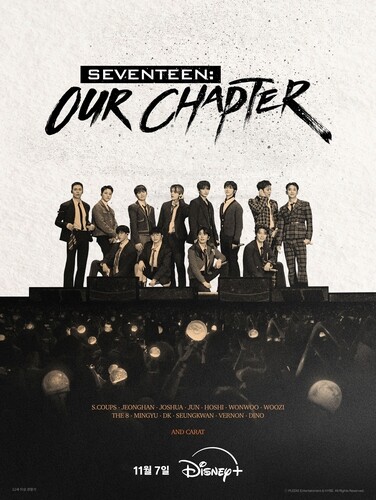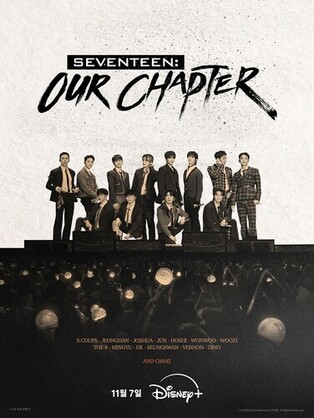*Editor’s note: K-VIBE introduces travel journals by alumni of Yonhap News Agency Travel Academy, provided in Korean and English. The original Korean article precedes the English translation.
*편집자 주: K-VIBE는 연합뉴스 <여행자학교> 수료생들의 여행기를 한국어와 영어로 소개합니다. 한국어 원문을 먼저 게재한 뒤 외국 독자들을 위해 영어 번역본도 함께 싣습니다.
에페소 원형극장에 앉아서
윤향옥 (여행자학교 1기, 서울글로컬교육연구원장)
햇살 좋은 봄, 튀르키예를 여행했다.
튀르키예 전체가 박물관이라지만, 고대 그리스 로마 유적지인 베르가마의 페르가몬이나 안탈리아 지방의 아스펜도스, 에페소에서 원형극장을 둘러보는 일이 특히 의미 있었다.
고대 그리스 로마의 유적지 곳곳에 남아있는 원형극장은 적게는 5천 명, 많게는 2만 명 이상을 수용하는 거대한 시설이다. 지금까지 잘 보존돼 있다는 사실만으로도 경이롭다.
그중 에페소의 원형 대극장은 2만 5천명을 수용할 수 있는 경기장이다. 연극이나 시, 음악을 공연하는 콘서트는 물론 연설이나 회합의 무대였다고 한다.
옛 사람이 된 듯 돌계단에 앉아본다. BC 3세기 헬레니즘 시대에 지어진 돌계단이다. 의자에 앉으니 평온한 고대로 회귀하는 상상에 빠질 수 있다.
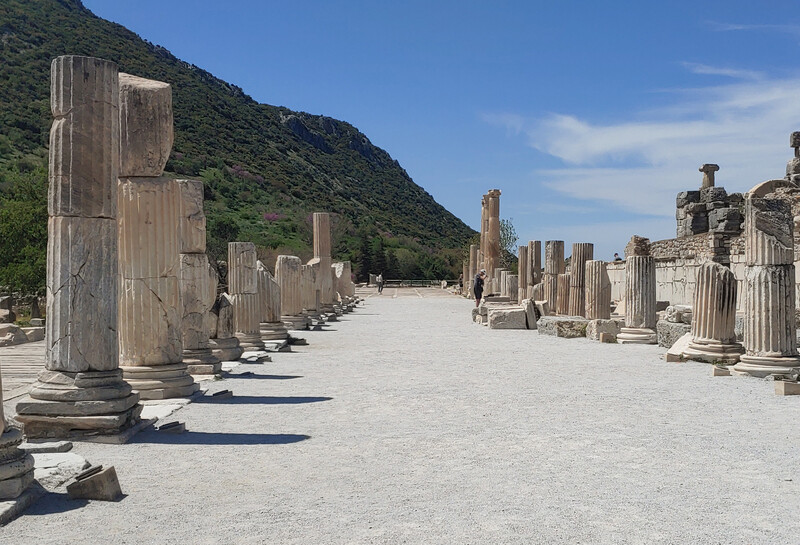 |
마이크도 없이 이 큰 원형극장에서 펼친 연극 대사나 토론, 연설이 어떻게 청중에게 전달됐을지 의문이다.
한 중년 남성이 무대에서 말한다.
“하나는 전체를 위하여, 전체는 하나를 위하여!”
관중들은 반복하며 화답한다.
“하나는 전체를 위하여, 전체는 하나를 위하여!”
들은 말이 말한 내용 그대로 피드백 될 때 여기 저기 흩어져 앉아있던 모든 사람들이 박수를 친다.
원형극장에선 대중 앞에 표출하고자 하는 이가 아래에 위치한다. 낮은 곳에서 듣는 이에게 말을 올리는 것이다. 말은 울림으로 메아리를 만들어 구석구석 모든 이의 귀에 닿는다.
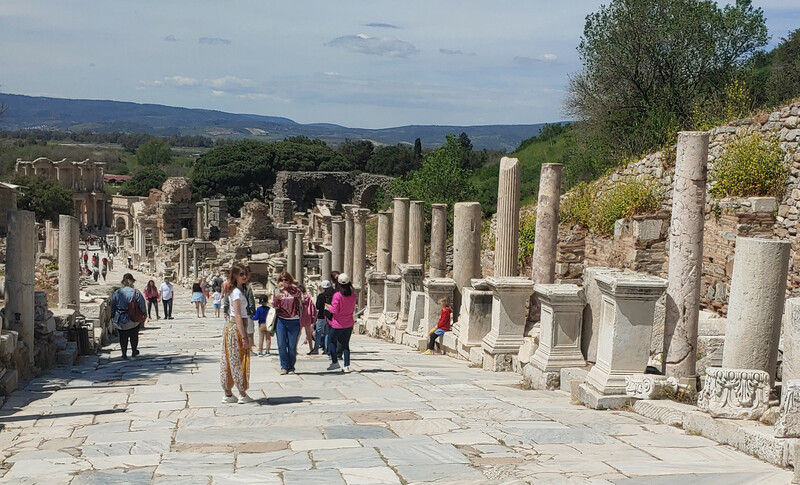 |
시간과 공간이 아득한 이곳 원형대극장에서 다가오는 소리를 들으며 ‘소통‘에 대해 생각한다.
현존 최고의 철학자이자 의사소통 전문가인 독일 출신 위르겐 하버마스(Jürgen Habermas)는 바로 이 의사소통 과정의 ‘상호성(reciprocity)’이 민주사회에서 사회질서를 유지하고 발전시켜 나가는 축이라고 했다.
상대의 문제제기에 대해 수용 여부를 결정하거나, 타협의 여지를 재거나 하는 등의 방향을 찾아가며 합리적인 대안을 도출하는 것이 현대 토의민주주의의 출발점이라고 봤다.
결국 의사결정의 합리성이나 정당성의 근거는 바로 상대방과의 소통과 조정을 통한 합의나 동의에 있다는 것이다.
소통은 우리의 사회적 욕구를 충족하고 정체성을 구체화할 뿐만 아니라, 다른 사람이 우리가 원하는 방식으로 행동하도록 하기 위해 가장 폭넓게 이용되는 수단이라고 한다.
훌륭한 소통자가 되기 위해선 훌륭한 청자(聽者)가 되어야 한다. ‘듣는 힘’은 ‘말하는 힘’보다 더 어렵게 길러지는 역량이다. 말하는 이에게 몰두하고 메시지를 정리하고 온화한 표정으로 집중해야 마땅하다.
시간과 공간이 멀리 떨어진 이곳, 에페소 원형극장에서 ‘나의 소통’에 대해 돌아본다.
무대를 독차지 하지 않았는지, 많이 듣고 적게 말했는지, 말하는 일에 빠져 타인의 표정을 살피는 일을 놓치지 않았는지 등에 대해 생각한다.
3천 년 전에도 원형극장의 돌계단엔 따스한 햇살과 바람이 스쳐 지나갔을 것이다. 그러고 보면 사람에 앞서 자연을 보듬으며 소통하는 일이 먼저인 듯하다. 자연을 안으면 사람을 보다 쉽게 품을 수 있으리라!
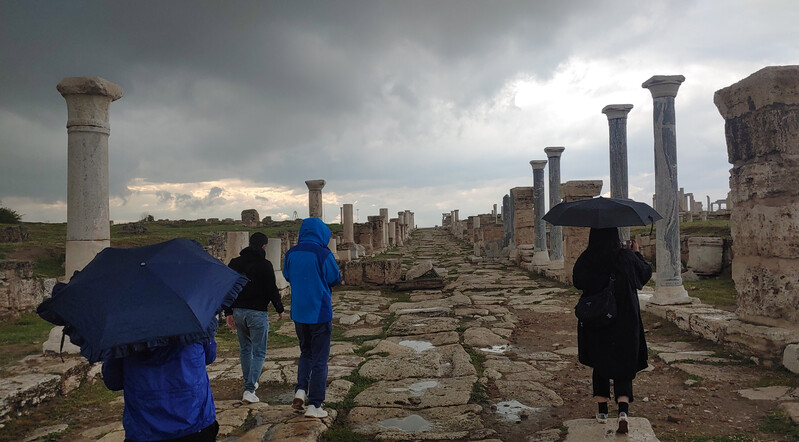 |
Sitting in the Ephesus Amphitheatre
By Yoon Hyang-ok (Alumna of Travel Academy season 1/ Director of Seoul Global Education Research Institute)
In the bright spring sunshine, I traveled to Turkey.
All of Turkey is a museum in itself, but exploring the amphitheaters in ancient Greek and Roman ruins -- Pergamon in Bergama, Aspendos in Antalya, and Ephesus -- was particularly meaningful.
The circular amphitheaters are scattered throughout the ancient Greek and Roman ruins. They are enormous structures, accommodating anywhere from 5,000 to over 20,000 people. The fact that they are still well-preserved to this day is awe-striking.
Among them, Ephesus' Grand Amphitheatre is a stadium capable of accommodating 25,000 people. It served as a stage not only for theatrical performances, poetry, and music concerts but also for speeches and gatherings.
Sitting on the ancient stone steps, it's easy to imagine returning to the tranquility of ancient times.
 |
These stone steps, dating back to the 3rd century BC during the Hellenistic period, transport you to a whole different era.
I can't help but wonder how theatrical dialogues, debates, and speeches were conveyed to the audience in this grand amphitheater, without microphones.
A middle-aged man speaks on the stage, "For the one, for the whole!"
The audience responds in unison, "For the one, for the whole!"
When the words heard are echoed back precisely as spoken, everyone scattered throughout the amphitheater applauds.
 |
In this circular amphitheater, the speaker stands below, addressing the audience above. The words reverberate, creating echoes that reach every corner of the space. In this circular amphitheater, where time and space seem boundless, I reflect on "communication."
Jürgen Habermas, a renowned philosopher and communication expert of German origin, stated that the "reciprocity" in this communicative process is the pillar that sustains and advances social order in democratic societies.
He viewed the ability to find direction through accepting or rejecting someone else's problem statements, reevaluating room for compromise, and deriving rational alternatives as the starting point of modern deliberative democracy.
Ultimately, the rationality and legitimacy of decision-making are rooted in communication, negotiation, and consensus with the other party.
Communication not only satisfies our social needs and shapes our identity but is also the most widely used tool to make others act in the way we desire.
To become excellent communicators, we must first become excellent listeners. The power of "listening" is a skill that is even more challenging to cultivate than "speaking." It is essential to immerse ourselves in the speaker's words, organize the message, and concentrate with a gentle expression.
In this place, Ephesus Amphitheatre, where time and space seem distant, I reflect on "my communication." I ponder whether I dominated the stage, whether I listened more than I spoke, and whether I remained engrossed in speaking, not missing the subtleties of others' expressions.
Even 3,000 years ago, the warm sun and gentle breeze must have passed over the stone steps of the amphitheater. In such light, it seems that we should first communicate with the nature before engaging with the people. Embracing nature may make it easier for us to embrace others!
jwc@yna.co.kr
 |
(C) Yonhap News Agency. All Rights Reserved


















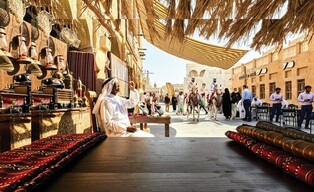

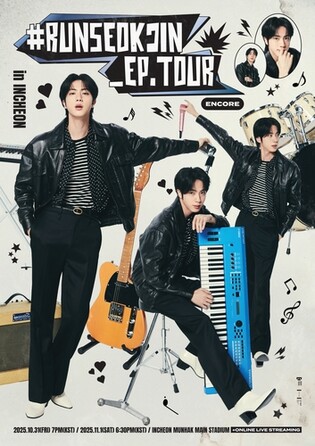
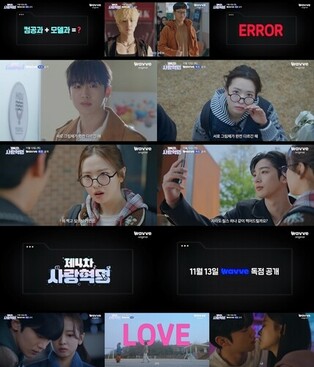
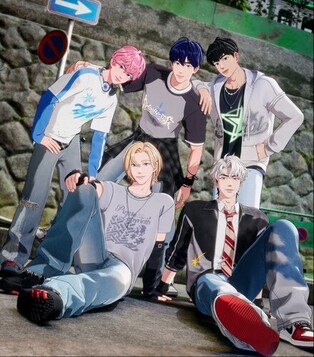
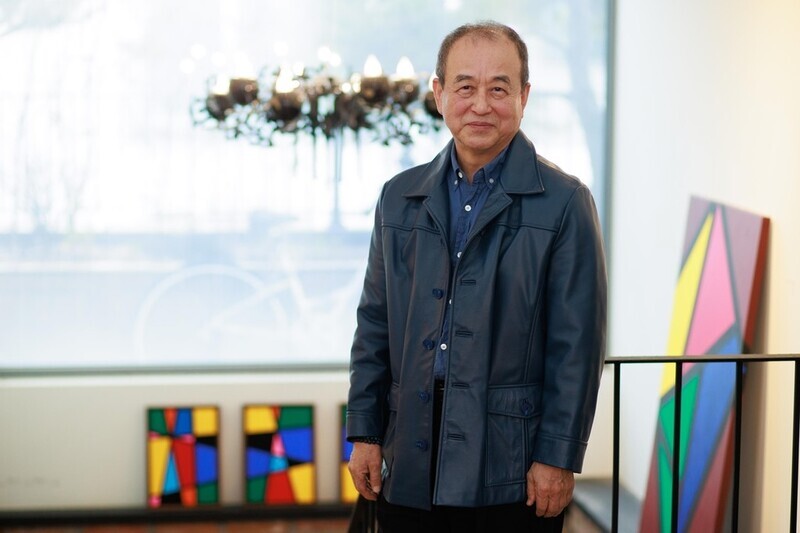
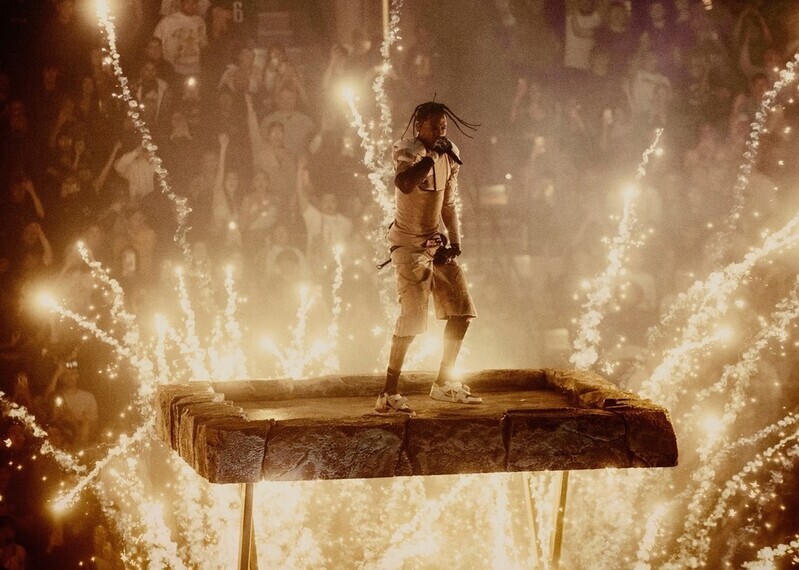
![[가요소식] 보이넥스트도어, 신보로 3연속 밀리언셀러 달성](/news/data/20251025/yna1065624915905018_166_h2.jpg)
